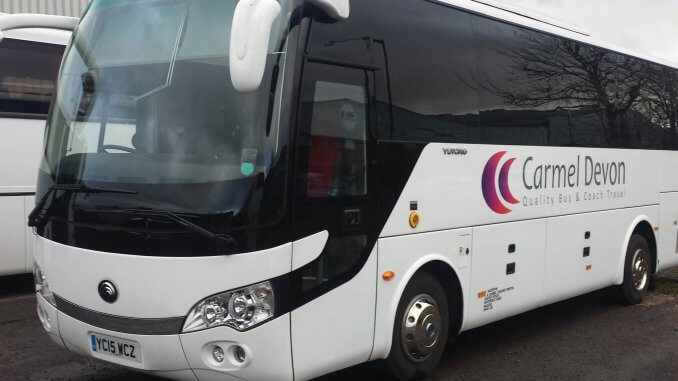Devon-based Carmel Coaches had its O-licence withdrawn as a result of failings in maintenance and loss of professional competence
Following a public inquiry, Devon-based Carmel Coaches saw its O-licence withdrawn from 31 December 2020 following loss of professional competence by 70-year old Director Anthony Hazell and identification of maintenance issues. Having gained a new licence after previously having its licence withdrawn in 2014, the company had been running local services and private hire, with Devon County Council arranging replacements for local tendered work.
[…]
By subscribing you will benefit from:
- Operator & Supplier Profiles
- Face-to-Face Interviews
- Latest News
- Test Drives and Reviews
- Legal Updates
- Route Focus
- Industry Insider Opinions
- Passenger Perspective
- Vehicle Launches
- and much more!




